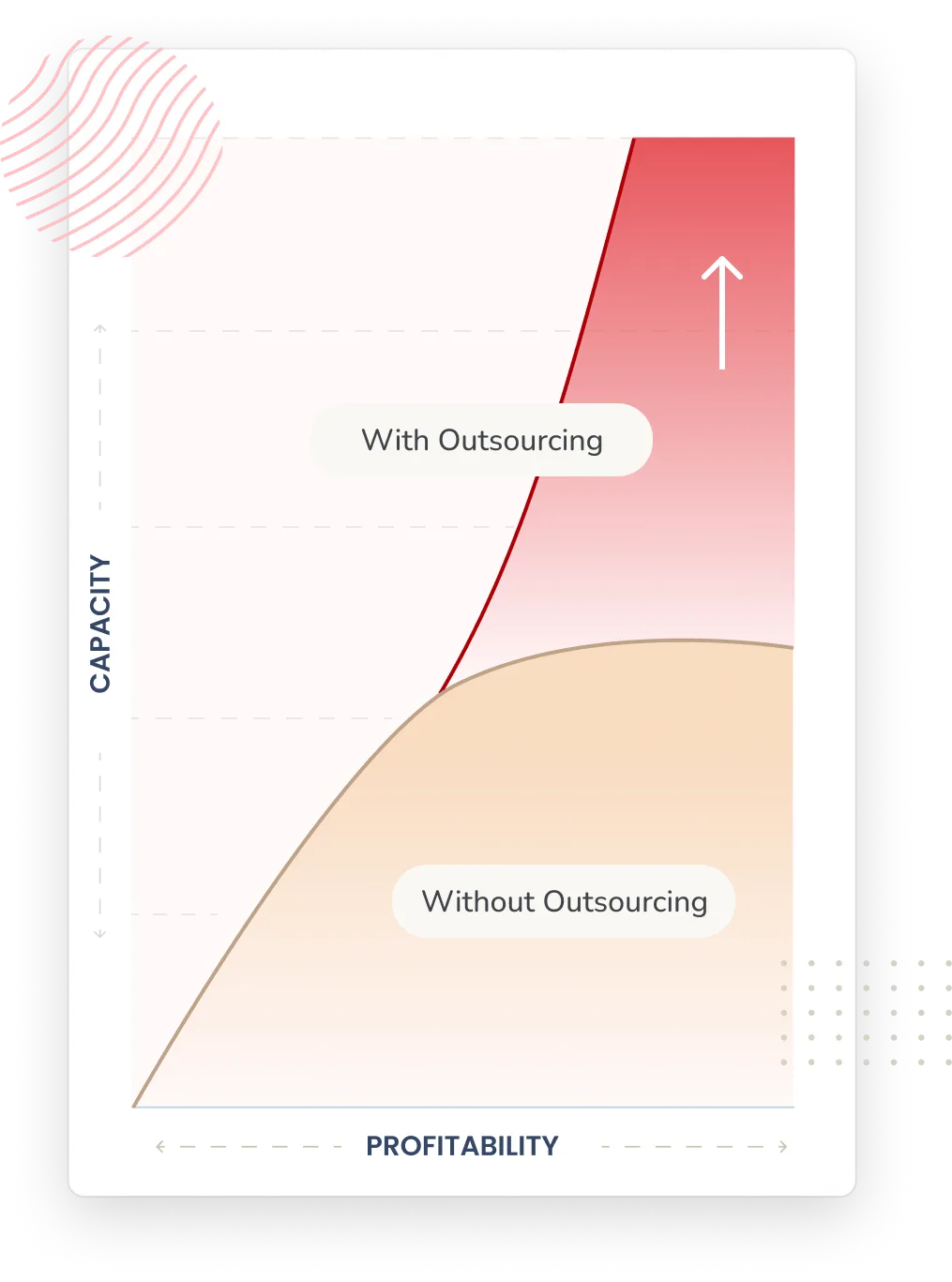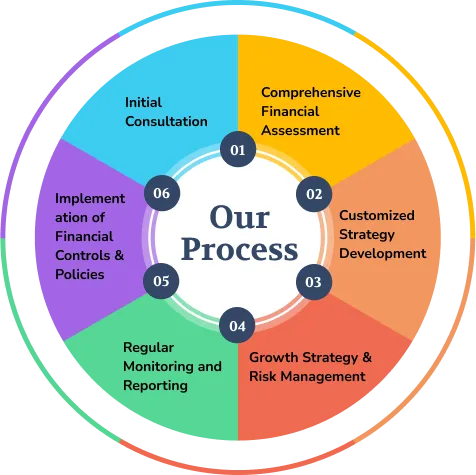What is Bookkeeping and Accounting Outsourcing?
Outsourced bookkeeping and accounting services refer to the practice of delegating financial tasks—such as recording transactions, reconciling accounts, preparing statements, managing payroll, and filing taxes—to a third-party provider. These services can be delivered either locally or through offshore teams, depending on the needs and goals of the business. By outsourcing, companies gain access to specialized expertise, advanced financial tools, and cost-efficient labor without the need to build an in-house department.
Businesses of all sizes—from startups to large enterprises—turn to outsourced bookkeeping and accounting providers to improve accuracy, reduce operational costs, and maintain compliance with regulatory standards. Whether it’s day-to-day bookkeeping or full-service financial management, accounting and bookkeeping outsourcing helps streamline operations and free up internal resources to focus on core business functions.
Local vs. Offshore Providers
When choosing an outsourcing partner, businesses often evaluate between local and offshore providers. Local outsourcing firms can offer the advantage of in-person meetings and deeper familiarity with domestic tax laws. However, this often comes at a significantly higher cost.
Offshore providers, on the other hand, deliver comparable (and often superior) quality while leveraging global talent pools. Many offshore teams are highly trained, fluent in English, and operate within robust technology infrastructures. With offshore accounting and bookkeeping outsourcing, businesses can benefit from extended service hours, 24/7 support, and scalable delivery models—making it a cost-effective and efficient solution for ongoing financial needs.
Cost Comparison
One of the biggest drivers for bookkeeping and accounting outsourcing is cost efficiency. Hiring and retaining full-time, in-house accounting staff can be expensive—especially for small businesses and startups with limited budgets. Outsourcing these services, particularly to offshore teams, can reduce operational costs by up to 70%.
This significant cost reduction comes from lower labor rates, reduced training and onboarding costs, and the elimination of overhead expenses such as office space, software licenses, and employee benefits. For the price of a single in-house accountant, businesses can often get access to an entire team of experts through an outsourced accounting and bookkeeping service provider.
Blended Models
A growing number of businesses are adopting blended outsourcing models, which combine the benefits of both local and offshore providers. In this setup, a U.S.-based manager or liaison handles client communication and compliance oversight, while the execution and day-to-day bookkeeping are managed by an offshore team. This approach provides the best of both worlds: the trust and accountability of local support, combined with the scalability and affordability of offshore talent.
Blended models are ideal for companies that want personalized service but also need the efficiency and round-the-clock capabilities of an international team. As the demand for outsourced bookkeeping and accounting grows, these hybrid arrangements are becoming a preferred choice for businesses that value both quality and cost-effectiveness.
 99% SLA Delivery
99% SLA Delivery 10,000+ Pin codes Network in India
10,000+ Pin codes Network in India





















































